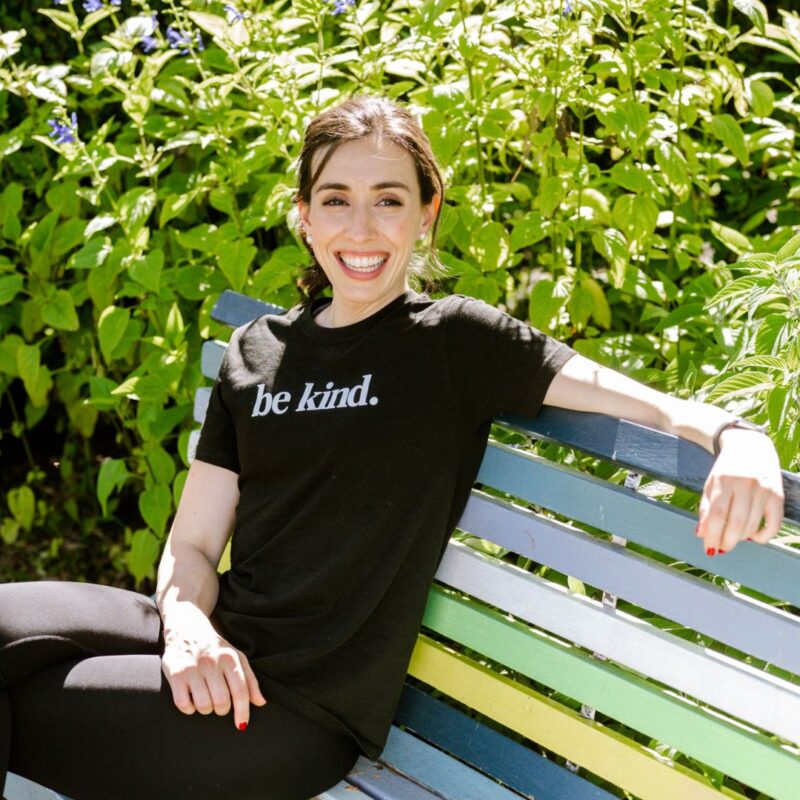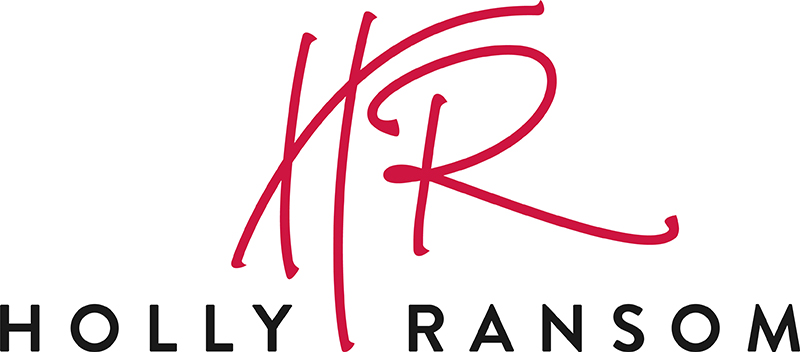Habit-hacks for leaders too busy for leadership development

Nowhere are our leadership habits more tested than every year in February. That’s where New Year’s Resolutions go to die.
Here we are, signing off February – aka the psychological cemetery for 80% of New Year’s resolutions, according to the U.S. News & World Report (2018). Some of us are no doubt already feeling a little overwhelmed by everything we have set out to achieve in 2020. And some of us may be feeling downright crappy that we can’t seem to live up to our own high expectations of ourselves. But when it comes to change, there’s no quick fix… or is there? I think so, and the good news is that it is highly scalable!
The difference between who we are and who we want to be is a source of cognitive dissonance for many. I have long believed that the ritual of New Year’s Resolutions only serves to amplify and reinforce what we see as lacking in our selves. This perceived identity deficit, or gap, happens to be the engine room of our economy. The study of consumer behaviour has long known that to secure share of heart, mind and pocket, brands must promise to help close the gap between our current and desired state. The cynic in me knows however, that so long as each consumer purchase only goes part way to making us feel better, the gap will remain; the cycle of consumerism will continue, entwining emotions and economy as happy partners, and secure their measure of GDP growth. So how do we take back ownership of our gap and build bridges between who we are and who we want to be that allow us to grow sustainably?
My three top habit hacks
The science emerging around habits offers an alternative way to address the dissonance. The notion that ‘we are what we repeatedly do’ is a tangible and pragmatic way to master our goals, without expending significant money, time or even willpower in the process. As James Clear explains in his book ‘Atomic Habits’, it’s the tiny things that we do each day, that when enacted frequently and with consistency, define not only our behaviour, but our identity. Add to that accountability – the simple act of telling someone what we are hoping to achieve – and our chances of success increase by 70% (Matthews, 2015). Finally, own your start of day and end of day routines. These are powerful triggers in our daily cycle. Begin as you wish to continue, and continue as you wish to begin!
#1 MVH – Minimum Viable Habits
Minimum Viable Habits or MVH refers to the idea that successful behavioural change can be achieved by breaking down new habits into the smallest possible components. Think consistently placing a glass of water next to your bed each night if your end game is to drink 3 litres per day. Or simply putting on the gym gear every morning when you wake up if eventually, you want to do regular training. Due to the non-threatening and non-disruptive nature of MVHs, our brain doesn’t fight them. Once on the path to a new routine, the habits can be slightly tweaked to move you closer to real behavioural change at regular intervals.
The frame of reference I use to decide whether a habit is going to be worthwhile is whether I can do it frequently, and with consistency. The brain appreciates it when we can chunk routines down into a series of small, attainable habits – it gets to take a break! And that’s our chance to slide behavioural change in. The beauty of MVHs, is that humans have a tendency to want to be consistent. We like ticking off the list, showing we’ve made progress. The streaks app is a powerful tool that challenges its users: “Don’t break the chain, or your streak will reset to zero days.”
Science out of NASA traditionally holds that habits take 30 days to form. However more recently, research has shown it’s about the reps, if you are intentional about what you’re doing, small habits can be built, embedded, tweaked and scaled superfast.’
#2 Identity Habits – Say it Out Loud
Returning for a moment to the notion of cognitive dissonance, we all tend to portray ourselves to the world in our desired state. Whether that be the images we allow to appear on social media, the parts of our lives we select to portray when people ask how we’re doing, or simply preferencing carrying out tasks we already know we’re good at. Identity-based habits leverage this natural tendency in a positive way. We have a strong desire to be consistent with the version of ourselves we put out there, and so voicing a newly committed habit out loud, to people we care about, immediately makes us accountable.
The benefits of ‘saying it out loud’ however, seem to require careful selection of our accountability partner. Recent research out of The Ohio State University finds that people tend to be more committed to their goals after they share them with someone who they see as “higher status,” or whose opinions they respect. A Dominican University study found that more than 70% of participants who reported their progress to a friend were successful in goal achievement, compared to only 35% of participants who kept their goals to themselves. Numerous apps have popped up to facilitate social sharing of habits online, allowing users to select which goals they share and with whom they share their goals. The takeaway?
As humans, we are subconsciously strategic about the self we put forward to the world. In living up to this ‘self’, we benefit from being consciously strategic about sharing these goals with trusted and respected allies that will help champion our change. Who will hero your habits?
#3 Habits as Rituals – Own your start and end of day
For my 2020, I’ve been more attracted to wellness goals than productivity goals. This has brought into sharp focus the importance of setting the right tone each morning and closing out the day on the right note every evening. When we think of rituals, we tend to conjure tribal ceremonies, religious celebration or even tricky looking yoga poses accompanied by green juice. However, not all rituals need to be ornate, just quietly meaningful and easily repeatable.
When it comes to beginning and ending your days, simple rituals that embed intentionality can be extremely useful. The etymological meaning of ritual in zoology pertains to ‘giving each animal the time to assess the prowess of the other’. Therefore, ritual is about preparation, intentionality and ultimately, thriving in a sometimes hostile environment.
“Morning Sunshine” – my favourite a.m. habits
The morning rituals I have garnered along my journey involve:
1) a daily focus on the personal values I wish to live by
2) iterative realignment on both short and long-term goals
3) routine exercise and meditation
“Sweet Dreams” – 5 key p.m. habits
The other powerful point of intentionality happens just before we go to sleep. What is the last thing we think of each day?
1) a brain dump helps me transfer everything I have to do tomorrow to somewhere tangible so that it’s no longer on my mind
2) the Grateful app helps trigger a sense of humility, perspective and contentedness
3) my MVH is reading one chapter of a non-study, non-work book each night – thanks to this achievable practice, I’ve read three additional books already this year!
These small moments string together as a touchstone – helping steer the course when life throws unexpected challenges our way. These habits are less about closing the gap on our own cognitive dissonance and more about sitting in our true selves. As many leaders are realising, constant striving for growth is not necessarily socially healthy, environmentally sustainable, nor economically smart in the longer term. On a personal level too, ambition can start from within, rather than without.
I’d love to hear how you are getting along – what habit hacks work for you and what throws the routine out of whack? I’d even love to hear which New Year’s Resolutions you’ve buried.
May they rest in peace.
(Or rather, in pieces, as resurrectable MVHs!)
